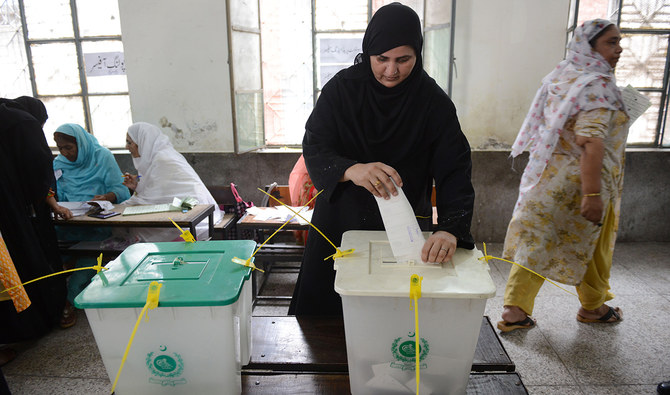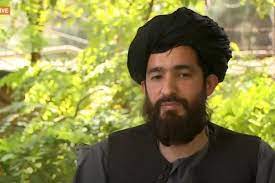In the midst of ongoing political turmoil in Pakistan, the Election Commission of Pakistan (ECP) has announced its preparedness to conduct national elections in October. Officials from the ECP confirmed that if the legislative assemblies, both national and provincial, in Sindh and Balochistan dissolve on schedule after completing their five-year tenure on August 12, the general elections could take place no later than October 11. This move comes as the country faces significant challenges, with the powerful military’s influence in the political landscape and the recent contentious removal of former Prime Minister Imran Khan. As the nation awaits a resolution to its political uncertainties, the prospect of upcoming elections offers a glimmer of hope for Pakistan’s democratic future.
ECP’s Roadmap for Elections
The anticipated dissolution of the national assembly and the two provincial assemblies in Sindh and Balochistan, according to the Election Commission of Pakistan (ECP), would clear the way for elections between October 8 and 11. However, if the assemblies dissolve sooner than expected, the elections could take place between November 8 and 11. Pakistan’s constitution stipulates that if an elected assembly dissolves, a caretaker government takes over, and elections must be held within 60 days.
Political Turmoil and Military’s Influence
Despite the ECP’s preparations, political analyst Cyril Almeida suggests that Pakistan’s powerful military, which has significantly impacted the nation’s political landscape for over three decades, might ultimately influence the election dates. The situation remains uncertain as the former Prime Minister, Imran Khan, continues to blame the military for conspiring against him. Additionally, Khan’s failed attempt to force snap elections by dissolving assemblies in Punjab and Khyber Pakhtunkhwa provinces has added further complexity to the political scenario.
Khan’s Political Challenges
Imran Khan’s political future faces numerous challenges, including facing dozens of charges, ranging from corruption to terrorism. His arrest in May sparked protests across the nation, with thousands of his supporters taking to the streets, targeting government and army properties. Khan’s party, the Pakistan Tehreek-e-Insaf (PTI), has emerged as a popular choice in recent years. However, the banning of Khan’s speeches and news conferences from mainstream media, along with the alleged coercion of his party leaders by the military establishment, have raised questions about the fairness of the electoral process.
As the nation eagerly awaits the upcoming elections, Pakistan’s political landscape remains fraught with uncertainty and complexity. The potential for change and democratic progress lies in the hands of its citizens, who hope that the forthcoming elections will pave the way for a stable and prosperous future.
















